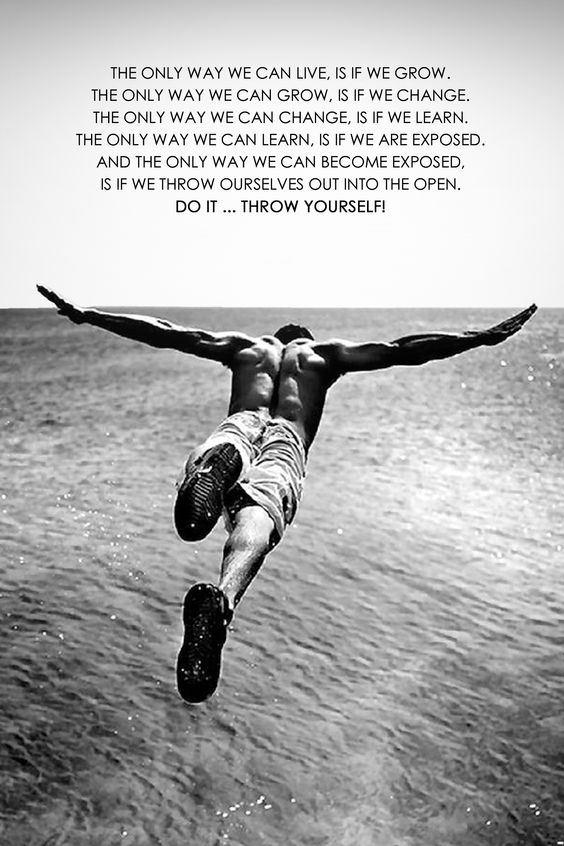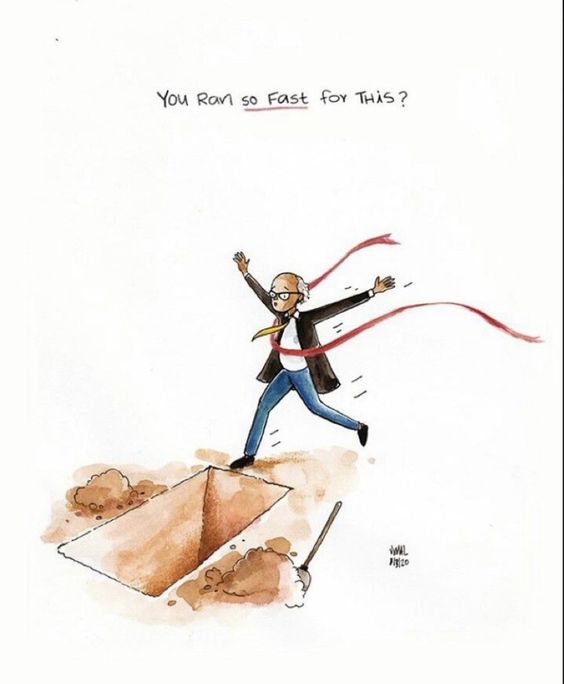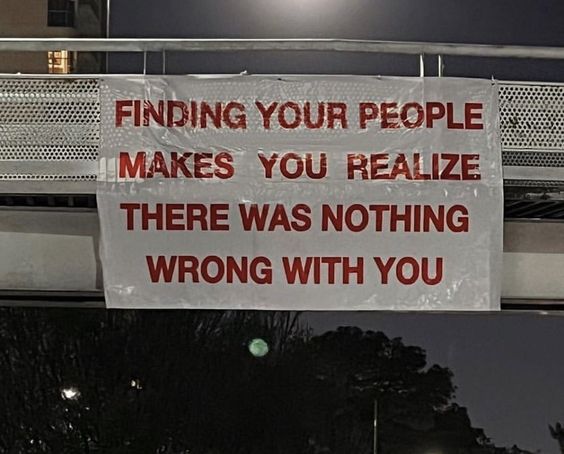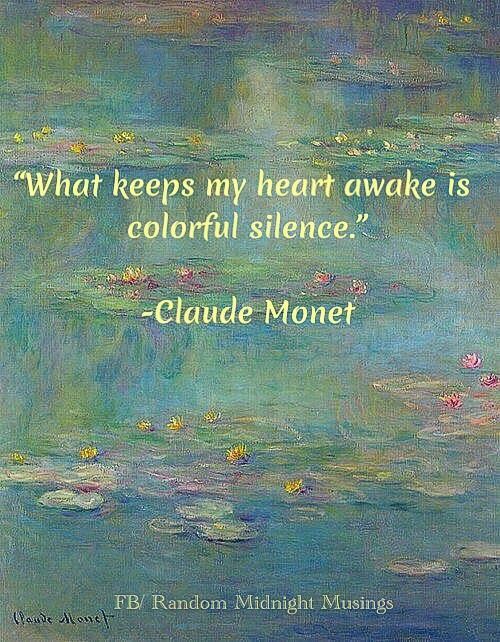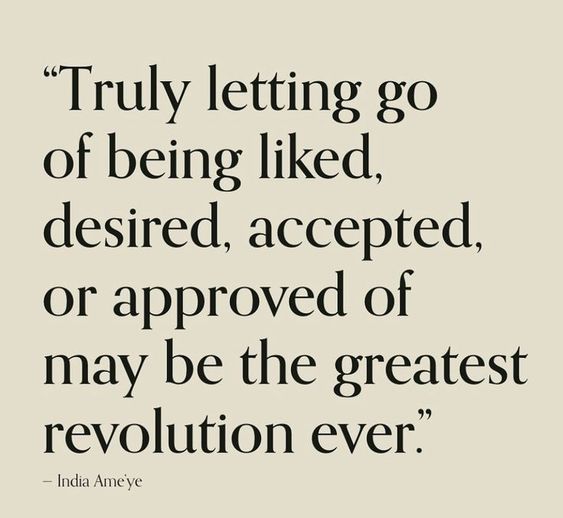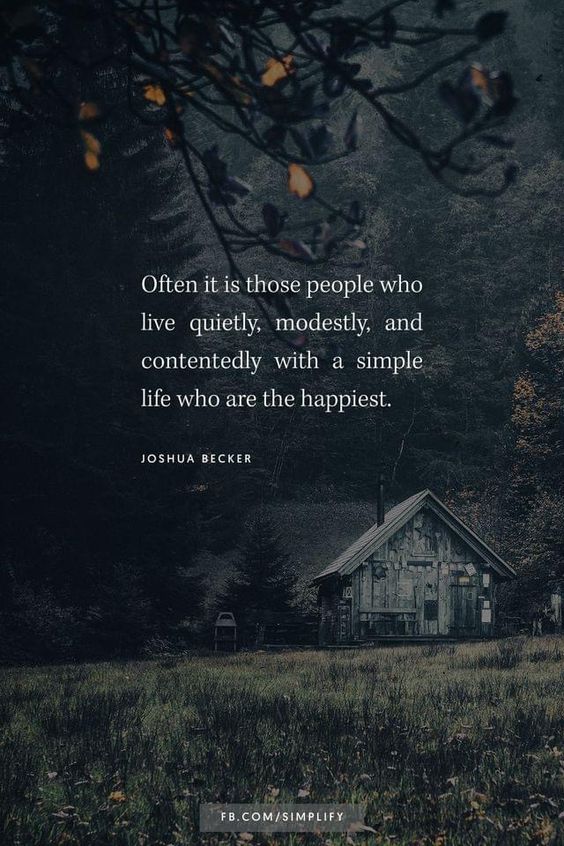Archives
“Traumatic stress is an illness of not being able to be fully alive in the present.”
Pierre Janet, via The Body Keeps The Score (Page 314)
“Being validated by feeling heard and seen is a precondition for feeling safe, which is critical when we explore the dangerous territory of trauma and abandonment.”
Bessel van der Kolk, The Body Keeps The Score (Page 303) | ★ Featured on this book list.
“How well we get along with ourselves depends largely on our internal leadership skills—how well we listen to our different parts, make sure they feel taken care of, and keep them from sabotaging one another. Parts often come across as absolutes when in fact they represent only one element in a complex constellation of thoughts, emotions, and sensations.”
Bessel van der Kolk, The Body Keeps The Score (Page 282) | ★ Featured on this book list.
“This being human is a guest house. Every morning is a new arrival. A joy, a depression, a meanness, some momentary awareness comes as an unexpected visitor… Welcome and entertain them all. Treat each guest honorably. The dark though, the shame, the malice, meet them at the door laughing, and invite them in. Be grateful for whoever comes, because each has been sent as a guide from beyond.”
Rumi, via The Body Keeps The Score (Page 279)
“Whenever you see that something is creating misery, drop it then and there—don’t hold it for a single moment. This is courage: courage to live, courage to risk, courage to adventure. And only those who are courageous are one day rewarded by the whole, by light, by love, bliss, and benediction.”
Osho, Everyday Osho (Page 42)
“Don’t be distracted by anything. The work is what counts. There are a lot of things that can get in your way, that take up your time and your emotional and intellectual energy; none of them account for anything. They mean nothing. The only thing, in the final analysis, at this stage of the game, that really counts, is the work. The work is everything. The years that I spent in advertising I saw an awful lot of people who had the potential to be good lose a lot of their ability to distraction, to politics, to fear, and to who has the bigger office. You’ll get the bigger office; you’ll make the money. Anything you want will happen, but sometimes it’s hard for people to see that when they’re in the middle of it. It looks like it’s incredibly complicated. Well, it’s not complicated at all. In fact, it’s so uncomplicated it’s amazing. All it is about is the work. Finally, if you do the work people will notice and you will get what you want. That’s it. It’s as simple as that.”
Tom McElligott
“If you are not aware of what your body needs, you can’t take care of it. If you don’t feel hunger, you can’t nourish yourself. If you mistake anxiety for hunger, you may eat too much. And if you can’t feel when you’re satiated, you’ll keep eating. This is why cultivating sensory awareness is such a critical aspect of trauma recovery. Most traditional therapies downplay or ignore the moment-to-moment shifts in our inner sensory world. But these shifts carry the essence of the organism’s responses: the emotional states that are imprinted in the body’s chemical profile, in the viscera, in the contraction of the striated muscles of the face, throat, trunk, and limbs. Traumatized people need to learn that they can tolerate their sensations, befriend their inner experiences, and cultivate new action patterns.”
Bessel van der Kolk, The Body Keeps The Score (Page 275) | ★ Featured on this book list.
“It is an enormous challenge to find safe places to express the pain of trauma, which is why survivor groups like Alcoholics Anonymous, Adult Children of Alcoholics, Narcotics Anonymous, and other support groups can be so critical. Finding a responsive community in which to tell your truth makes recovery possible. That is also why survivors need professional therapists who are trained to listen to the agonizing details of their lives.”
Bessel van der Kolk, The Body Keeps The Score (Page 246) | ★ Featured on this book list.
“Never settle for any mediocrity, because that is a sin against life. Never ask that life should be without risk, and never ask for security, because that is asking for death.”
Osho, Everyday Osho (Page 41)
“Writing experiments from around the world, with grade school students, nursing home residents, medical students, maximum-security prisoners, arthritis sufferers, new mothers, and rape victims, consistently show that writing about upsetting events improves physical and mental health.”
Bessel van der Kolk, The Body Keeps The Score (Page 243) | ★ Featured on this book list.
“As functioning members of society, we’re supposed to be ‘cool’ in our day-to-day interactions and subordinate our feelings to the task at hand. When we talk with someone with whom we don’t feel completely safe, our social editor jumps in on full alert and our guard is up. Writing is different. If you ask your editor to leave you alone for a while, things will come out that you had no idea were there. You are free to go into a sort of a trance state in which your pen (or keyboard) seems to channel whatever bubbles up from inside. You can connect those self-observing and narrative parts of your brain without worrying about the reception you’ll get.”
Bessel van der Kolk, The Body Keeps The Score (Page 240) | ★ Featured on this book list.
